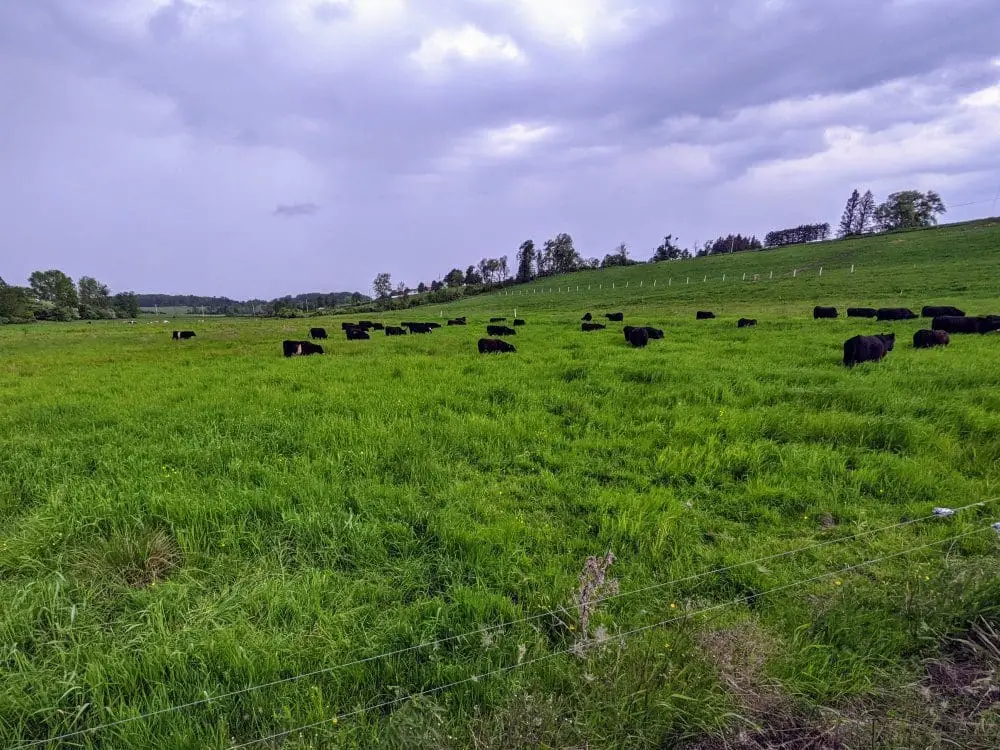A popular and insistent narrative is that we need more herbicides for humanity to survive. The argument is framed in predictable ways. Typically we are presented first with grim statistics and the utilitarian moral argument that the world will run out of food for a growing population unless we radically increase our dependence on crops grown with toxic chemicals, synthetic fertilizers, and gene edited plants. The moral argument is followed with a technology perspective that these chemicals are safe, necessary, and fully understood based on rigorous science. Given the urgent need and the consequences of inaction, we’d be fools or monsters to stand in the way of feeding a hungry child.
The EPA has conducted a review of its own decision to permit the widespread use of the herbicide Dicamba in 2018. And what it found was not surprising to me. Instead of reviewing actual research findings, internal peer review was curtailed. Political appointees with industry connections pushed the scales over to acceptance without regard for the research work.
The companies that stood to gain from the use of Dicamba include Bayer (formerly Monsanto) and BASF. The same companies that created the need for more potent herbicides because of over-use of their previous wonder herbicide Roundup are now positioning themselves as the ones holding the next solution to the problem. At the same time that their products were being fast-tracked for approval by the EPA without regard for science, they were producing paternalistic, feel-good ads about how their genetically modified seeds and herbicides were bettering the lives of marginalized smallholder farmers throughout the world. Who knew the soundtrack to the era of corporate colonialism would be delicate, looping piano music?
Maybe the EPA will surprise me, but US Agricultural policy has remained pretty consistent during the Trump, Obama, W Bush, and Clinton administrations, really going back all the way back to Eisenhower. I expect that this particular regulatory issue will only be a temporary setback as there are still too many forces pressuring the agencies to approve use of Dicamba and other herbicides. Perhaps the institutions can be reformed, but clearly they aren’t protecting us at present.
The industrial food system isn’t feeding us the kind of food we want to eat and the regulatory system isn’t protecting us from danger. Outrage at the failure is understandable, but action is better. If we want something better, we’ll all have to build it on our own, together. This is a great time of year to plant that backyard garden you’ve always been thinking of, even if it is just three potted bell pepper plants on your porch steps. For whatever you can’t grow, find farmers who represent your values in their practices. Be involved in and support the production of good food.


3 thoughts on “False Narratives”
ps cattle look great! Good luck keeping up with the grass this year though
I hear you Jason. It’s a runaway grass growth spring!
YES! thank you for putting some of the responsibly of the readers. We can all do better by raising our own food. The less we depend on others for the things we need the better we are! Great article Dave